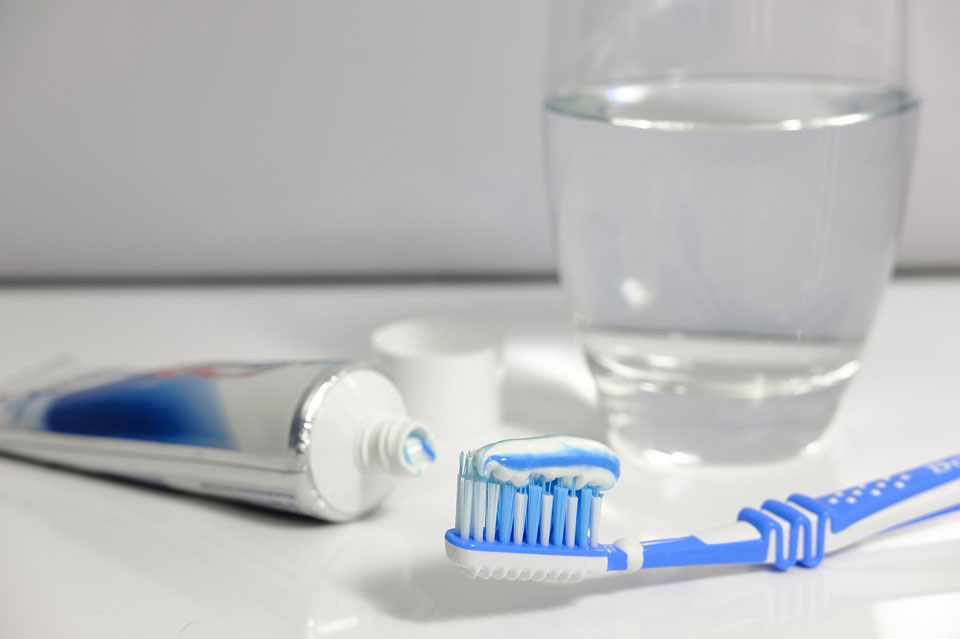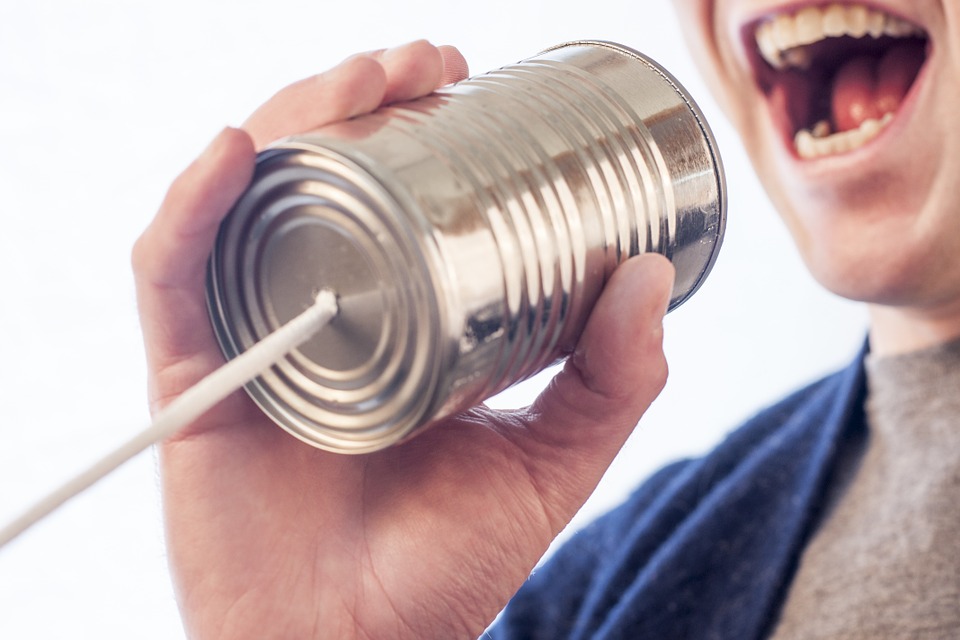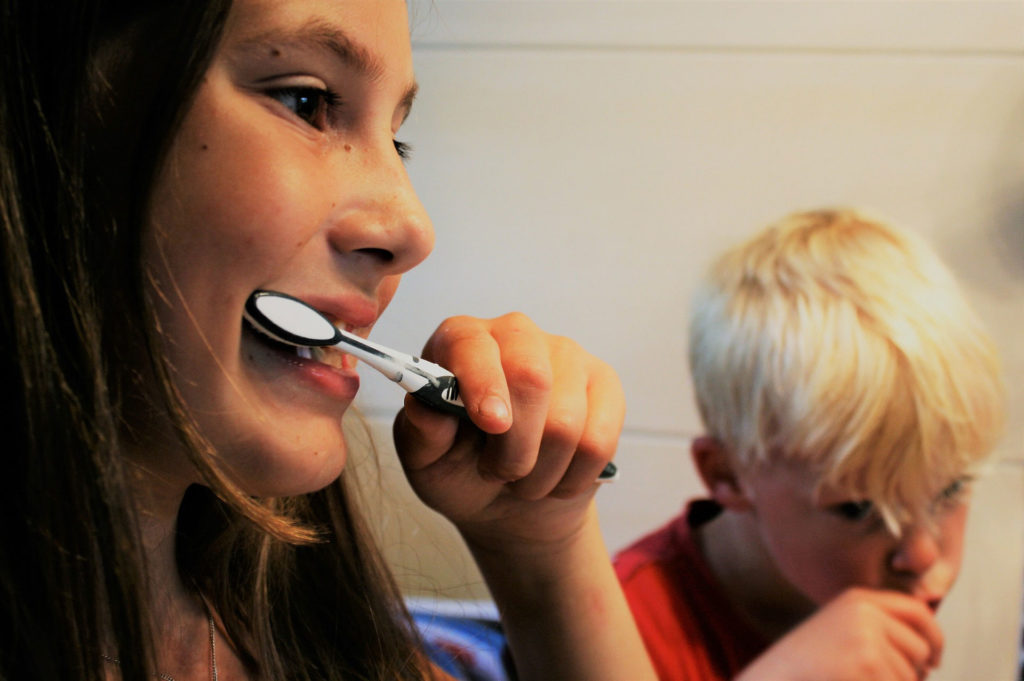Brush your teeth regularly
OK, this might sound obvious, but one of the most important aspects of brushing your teeth like a dentist is to do so regularly. At the very least, you should be brushing twice a day; most people prefer to do this in the morning and in the evening. Ideally, it’s best to brush teeth after every meal, but for most people, this isn’t practical. If you do have the chance to give your teeth a going over during the day – perhaps during a lunch break – this can really help to promote good oral health.Find the right toothbrush
When faced with so much choice, it can be difficult to know which toothbrush to select. There are a few factors to consider. For most people, a soft-bristled brush is best. Most of us gravitate towards the medium and firm brushes, believing that they offer a superior clean. In actual fact, they could be doing more harm than good, as they are abrasive on the teeth and gums. Soft brushes used appropriately and regularly are great at removing plaque, without causing unnecessary damage to the gums.
Ultimately, choose whichever brush is the most comfortable for your mouth!
For most people, a soft-bristled brush is best. Most of us gravitate towards the medium and firm brushes, believing that they offer a superior clean. In actual fact, they could be doing more harm than good, as they are abrasive on the teeth and gums. Soft brushes used appropriately and regularly are great at removing plaque, without causing unnecessary damage to the gums.
Ultimately, choose whichever brush is the most comfortable for your mouth!
Buy a protective toothpaste
Another important component of your regime is the toothpaste you use. Opt for one that contains fluoride, as this is especially useful in promoting strong and healthy teeth. You don’t need whitening toothpaste to keep your teeth looking sparkly. These can actually be too abrasive, which in the long run diminishes the appearance and function of your teeth. Don’t forget that natural variation in tooth colour does not always indicate poor health! Some people may choose a sensitive toothpaste. This is perfectly fine; while claims about repairing sensitive teeth should be taken with a grain of salt, the mild formulations are a good choice for people who would otherwise struggle to keep up their oral hygiene regime because of sensitivity.Make sure to get every angle!
Selecting a brush with a smaller head allows you to get right into every angle of your mouth. Don’t forget your back teeth, the backs of all teeth, and working into the tight nooks and crannies. Spend time working in circular motions to massage plaque and debris away from all of your teeth.Don’t forget gums and tongue
Many of us tend to overlook the teeth and gums when brushing our teeth. These areas need attention too, so don’t forget to clear debris from the gums, gently brush them, and give your tongue a going over, too. Beware of brushing too hard on the gums, however; they are relatively delicate and don’t vigorous cleaning. If they bleed, you’ve gone in too strong!
Beware of brushing too hard on the gums, however; they are relatively delicate and don’t vigorous cleaning. If they bleed, you’ve gone in too strong!
Floss!
Not everyone enjoys flossing, but it is very important. Using dental floss allows you to clear debris stuck between the teeth, that can ultimately cause plaque, tooth decay, and gum disease. What you might not know is that it’s best to floss before brushing your teeth. This ensures that all the debris removed from the teeth is brushed or rinsed away.Use a decent mouthwash
To fully rinse away debris and plaque, prevent bacteria growth, and freshen breath, it’s best to use a mouthwash. Look for one that has specific antibacterial properties, but don’t be drawn into claims about whitening or enamel restoration.Get the timing right
A quick brush won’t cut it! We recommend taking your time, flossing between the teeth, brushing every part of every tooth, massaging the gums and tongue, and performing a good swirl and rinse with mouthwash. In terms of timing, we recommend once in the morning, once in the evening, and if you can squeeze another one in after lunch – go for it. Try to wait an hour after eating a meal, as brushing too soon can damage the enamel of your teeth.
In terms of timing, we recommend once in the morning, once in the evening, and if you can squeeze another one in after lunch – go for it. Try to wait an hour after eating a meal, as brushing too soon can damage the enamel of your teeth.


Sorry, comments are closed for this post.